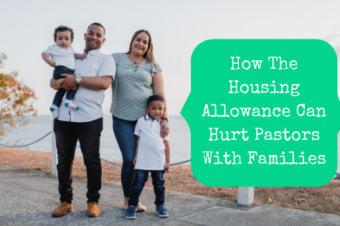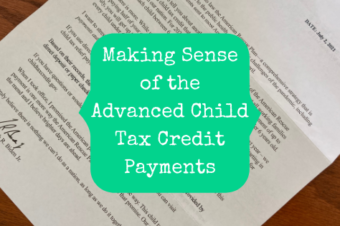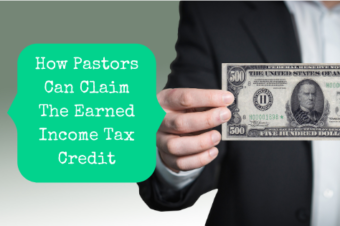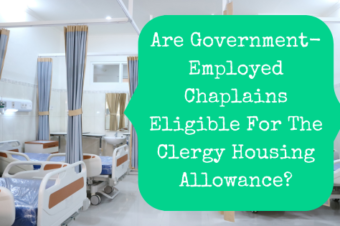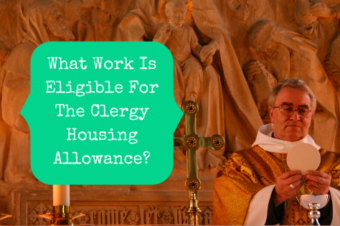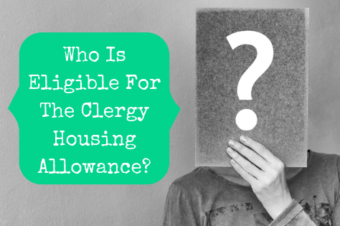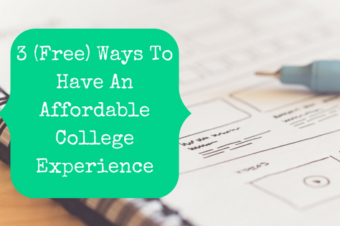On Friday afternoon, President Trump signed into law our nation’s largest-ever economic stimulus package, the Coronavirus Aid, Relief, and Economic Security (CARES) Act. The bill will cost around $2 trillion and includes nearly $500 billion for rebate checks for individuals and families, another $500 billion to support severely damaged industries, nearly $400 billion dollars to provide tax credits for wages and payroll tax relief, over $300 billion to assist state and local governments, and almost $150 billion to support hospitals and the healthcare system.
This article will only look at the rebate checks, but you can read a full run-down of how the entire bill affects individuals and families here. The rebate checks are perhaps the most eagerly anticipated part of the bill for individuals, so today we are going to answer all of your questions about them.
Who Gets Rebate Checks?
Basically, there are only three kinds of people who are not eligible for “recovery rebates,” as the CARES Act calls them. First, people without a work-eligible Social Security number cannot receive them. That means undocumented immigrants since even those here on a student visa get a Social Security number to enable them to work on their school campus.
The second kind of people who won’t be getting a refund check is those who make too much money. There are income limits for eligibility, so most people with a six-figure salary will not be receiving a check. We will get into the details on that below.
The final kind is those who are claimed as a dependent on someone else’s tax return. Children under the age of 17, while they will not receive their own check, are worth $500 each to their parents. However, dependent 17-year-olds and older dependents are not eligible to receive checks. I guess Congress doesn’t realize how much 17-year-olds eat, otherwise, they would be worth twice as much for their parents!
Aside from the above mentioned-people, pretty much everyone else is eligible for a rebate check, even if they do not have earned income. Whether or not you are already receiving government benefits doesn’t matter either, you will still be eligible to receive a check.
How Do You Claim Your Check?
You don’t have to do anything to claim your check. The IRS will use their records to calculate your check and get the money to you. If you have requested a direct deposit for your tax return and given them your bank information, then the rebate will be deposited directly into that bank account. Otherwise, they will mail it to you. Though you aren’t required to take any action, there are some things you may want to do to help out the process, though.
The IRS will use the information from your most recent tax return for the rebate checks. That means they will use your 2019 return if you have already filed it or your 2018 return if you haven’t gotten 2019 done yet (and remember, the IRS has given you until July 15 to file your return this year!). If you haven’t filed a tax return in the past two years, or if your information has changed, you should file a 2019 tax return as soon as possible so that the IRS has the most accurate information for you. This is a good idea if you have a new address, the bank account you use for direct deposit has changed, you have had a baby, or you are near the cutoffs and your 2019 income is lower than your 2018 income.
How Much Will I Get?
Here’s the burning question: what’s in it for me? As I’ve already said, there are income limitations and calculations are based on your 2018 or 2019 tax returns. The way the income limitations work is that once you hit a certain income, your rebate check is lowered by $5 for every $100 of income you have (5%), so there is a phaseout period. The phaseout for individuals starts at $75,000 of adjusted gross income, heads of household at $112,500, and married couples at $150,000. The base rebate amount is $1,200 for individuals and $2,400 for couples. Then, children under 17 add on an extra $500 each.
Here is an example of how it is calculated for a couple with three kids under 17 and an adjusted gross income of $185,000:

The couple will get a rebate of $2,150.
You can use this worksheet to calculate your own rebate:

Here is a graph from the Tax Foundation that illustrates how the phaseout works:
Technically, these checks are rebates for your 2020 taxes. However, the government wants you to get them as soon as possible, so they are using 2018 or 2019 figures to calculate them. Why does that matter?
If your 2018 or 2019 income is too high for you to get a check but your 2020 income isn’t, you will still get a rebate. You’ll just get it when you file your 2020 tax return next year. Don’t worry if you get a rebate and then your 2020 income is too high for you to be eligible, though. The government isn’t going to make anyone pay it back. Isn’t that nice of them?
When Will I Get My Check?
Now that you know how much you’ll get, when will it arrive? The legislation specifies “as soon as possible,” but this is the government we’re talking about, not Amazon Prime. The Treasury Department says rebates could start flowing as early as three weeks from now, but it is more likely that they will arrive in May.
There you have it. Now the big question is, what are you going to do with it? If you need it to cover your basic expenses, then that’s a no brainer. If you don’t have much in savings, then that’s a great choice as well. If, however, you have plenty in savings and aren’t at risk of losing your income, this might just be a great opportunity to be like Jesus and show his love to those in need.


